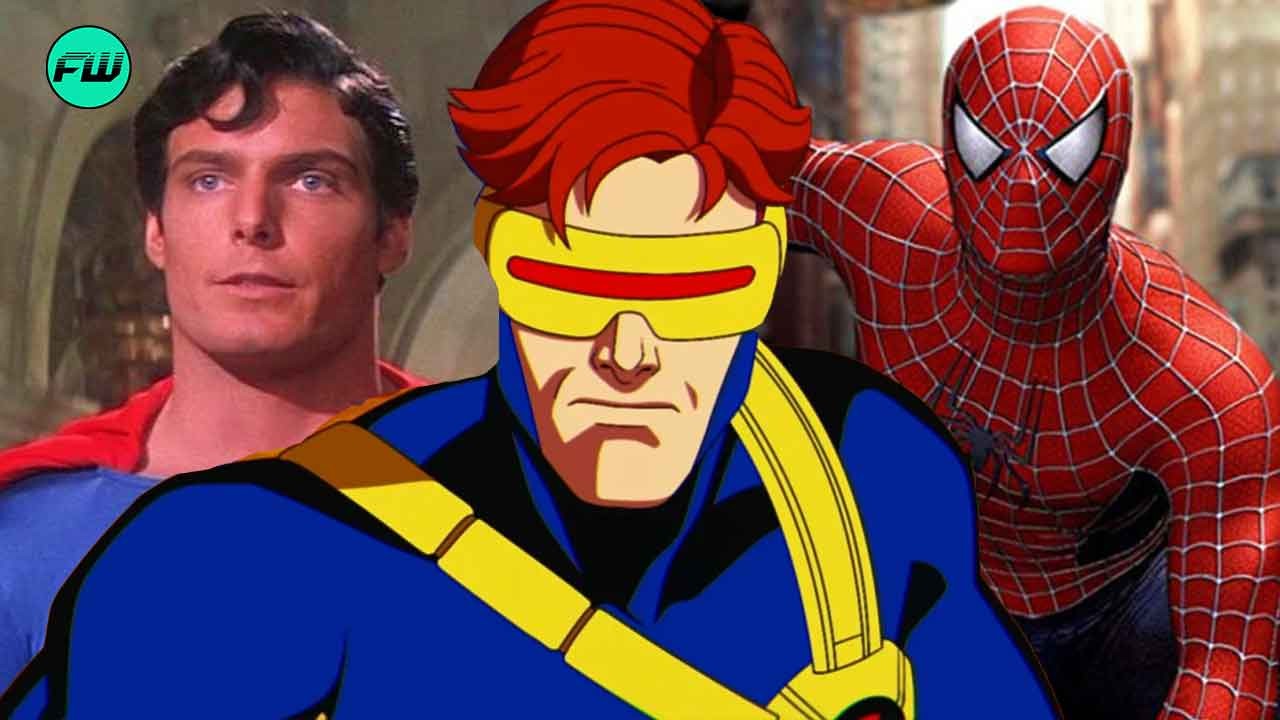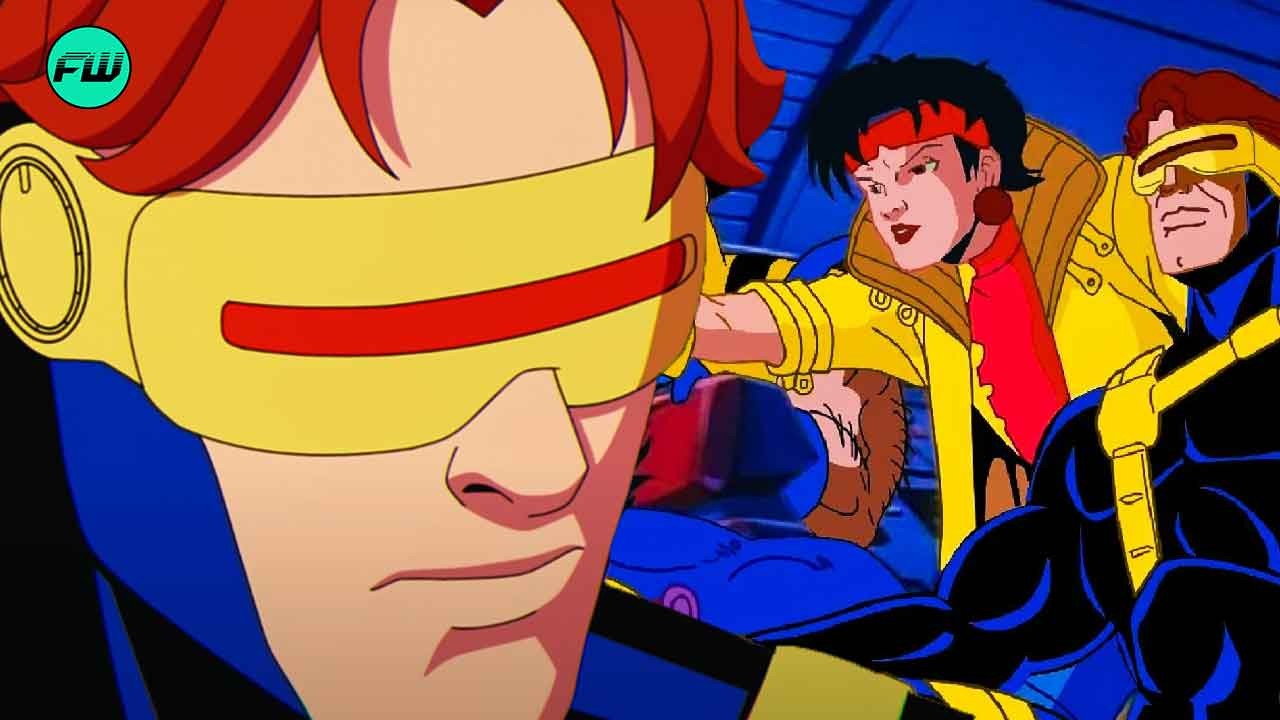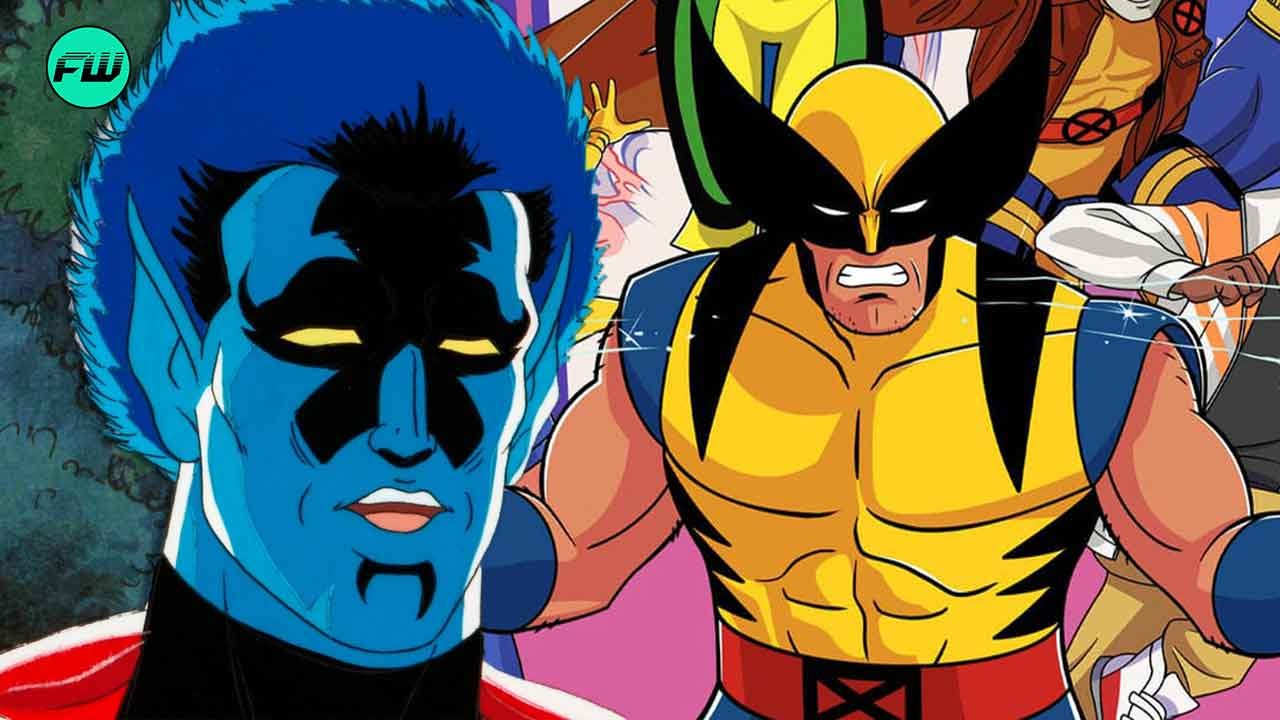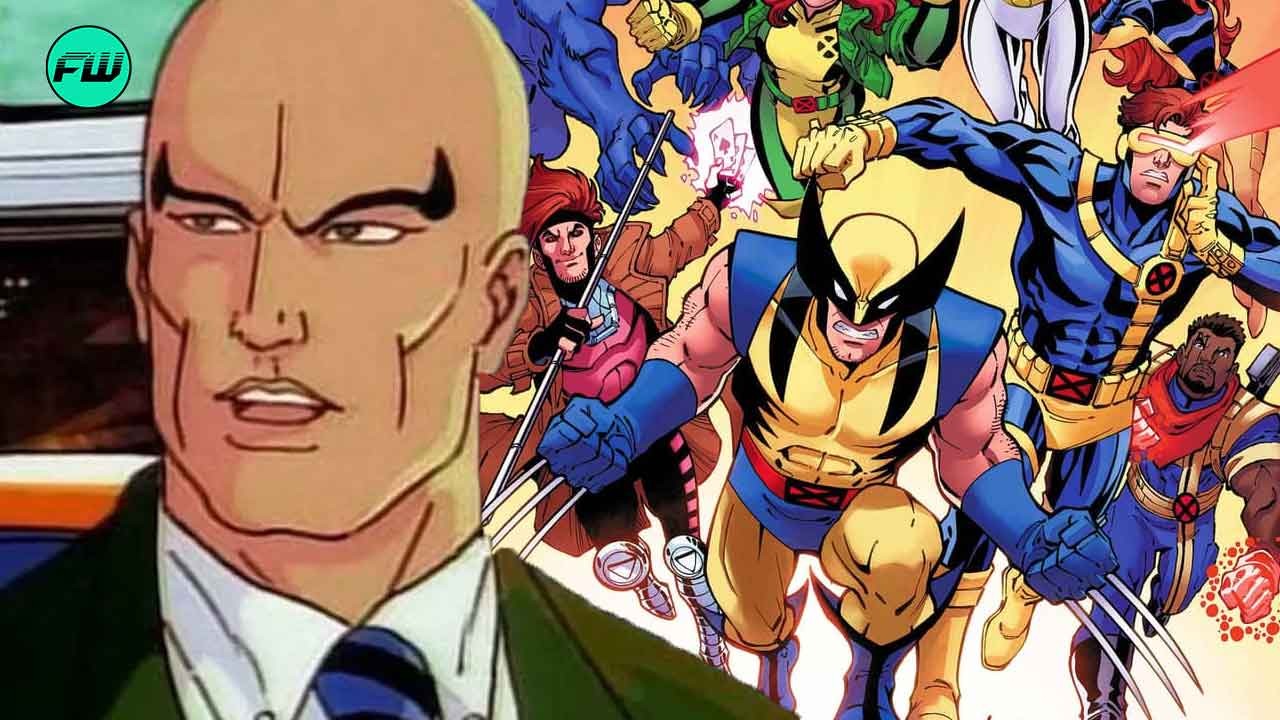While the live-action Marvel Universe is dominated by the Avengers, Marvel comics have had a different character hierarchy. The entire multiverse seemed to revolve around the stories of the X-Men as a whole and while the Avengers were important, they simply weren’t as significant as the mutants. They were the reason for the success of the franchise and the culturally significant impact it has had over decades.
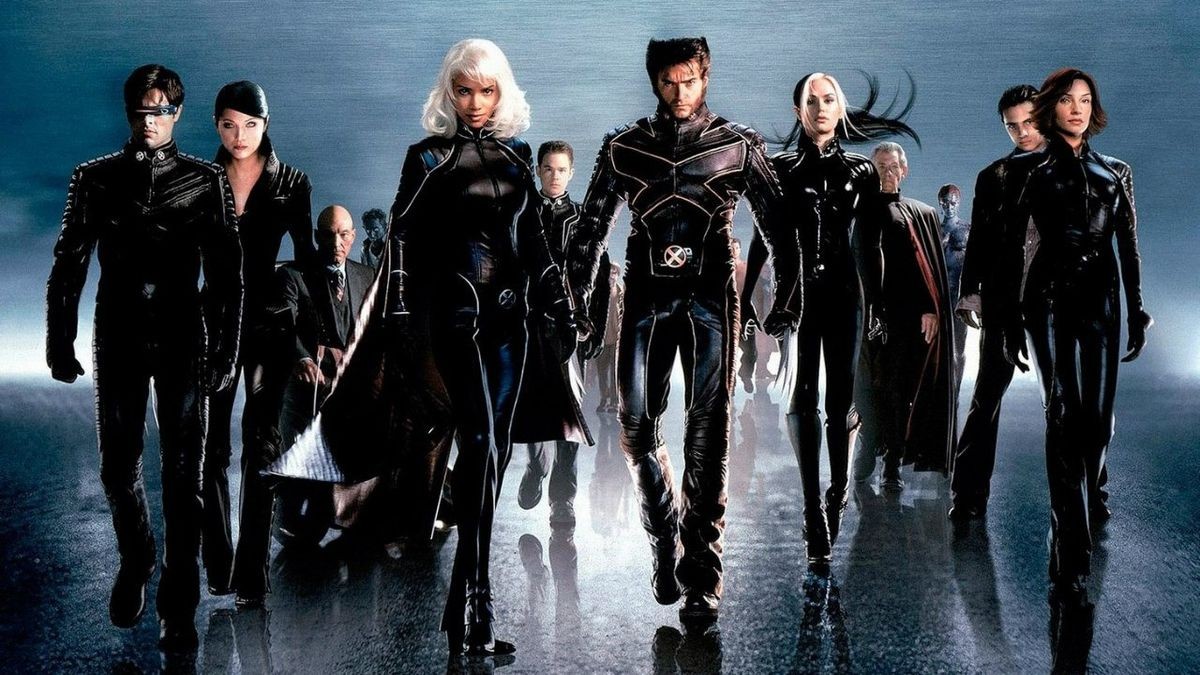
It would seem, that effect does not get brushed past by anyone, as the showrunner of X-Men ’97 revealed an interesting theory he has about the live-action universe that Marvel has created. One that suggests that none of the MCU projects, Sam Rami’s Spider-Man films, and even DC projects would have been successful or existed had it not been for one animated Marvel show.
Did the iconic series from the 90s, X-Men: The Animated Series help lay the foundations for the superhero genre?
X-Men: The Animated Series and Its Effect On The World
The showrunner for X-Men ’97, Beau De Mayo, recently gave an interview with Entertainment Weekly where he talked about the impact of the original 1992 series, X-Men: The Animated Series. It was a massive hit and had a huge following, with fans eating up what ever it put out. It showed interesting characters from the comics, superpower; which were fairly new at the time, and interesting character dynamics.
Lenore Zann, who voiced Rouge in the series revealed that initially, there were many skeptical about greenlighting a show like this, not believing in superhero projects being a success.
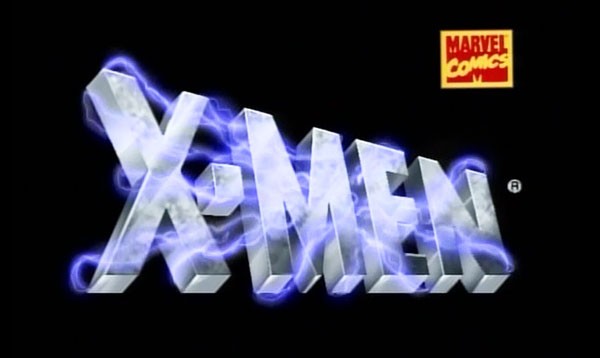
“When we first did the show, we had absolutely no idea how it would be received,” Zann said, “Let’s look at those times. I often hear Larry Houston, the original director, talking about when he was trying to pitch it to studios in Hollywood at the time. He couldn’t find studios that were interested in doing the show because they said, ‘Well, who wants to watch an animated series about superheroes?’ Fast forward, and obviously they’ve changed their tunes.”
To their surprise, on top of fans of the comics watching it, many new viewers got hooked on this new genre of television. Very quickly, Fox decided to create a film within the same world after seeing just how successful the series had become. This led to the creation of the 2000 film, X-Men, starring Hugh Jackman, Patrick Stewart, and Ian McKellen.
There Would Be No MCU And DCU Without X-Men: The Animated Series
The Butterfly Effect is a theory that believes that everything in the world is interconnected. Everything can have an effect on something and consequently, have an effect on everything. Something as insignificant as a butterfly flapping its wings, if happened at the right moment, could lead to a typhoon that could destroy an entire town.
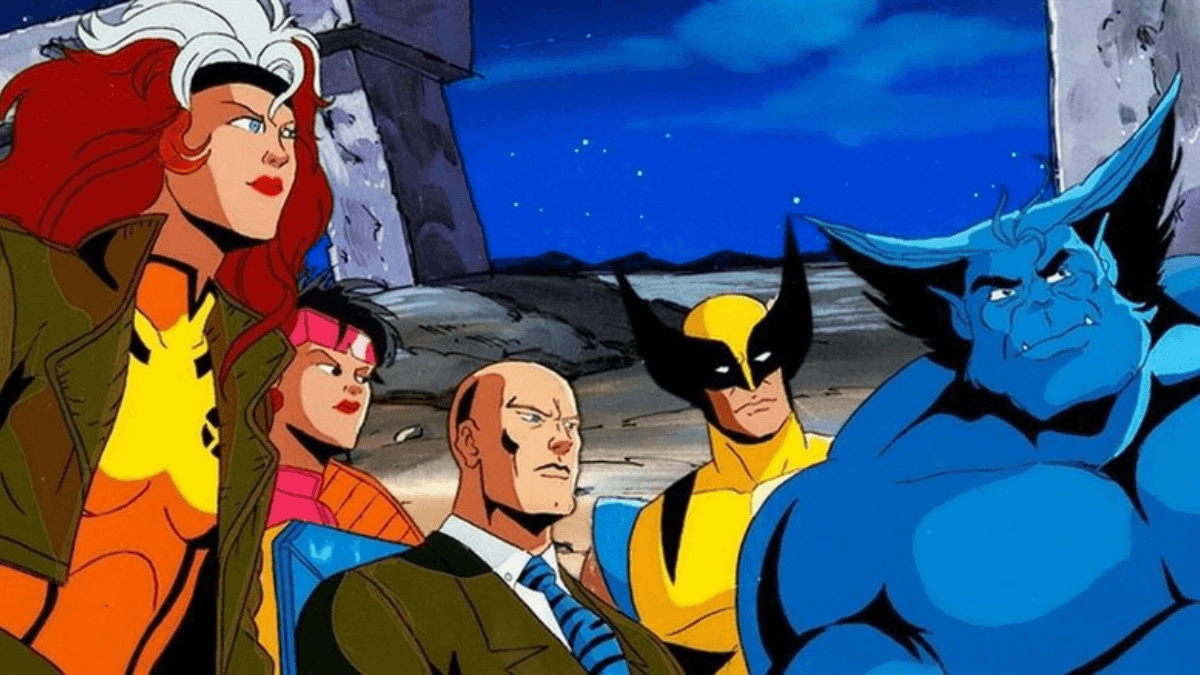
On the subject of these topics, Beau De Mayo talked about how he thinks X-Men: The Animated Series was responsible for shaping cinema into what it is today. Had it not been for the 1992 series, the X-Men films would not have been made. It is quite a well-known fact that Sam Raimi’s Spider-Man movies were greenlit after the studio saw the success that the mutant films were getting.
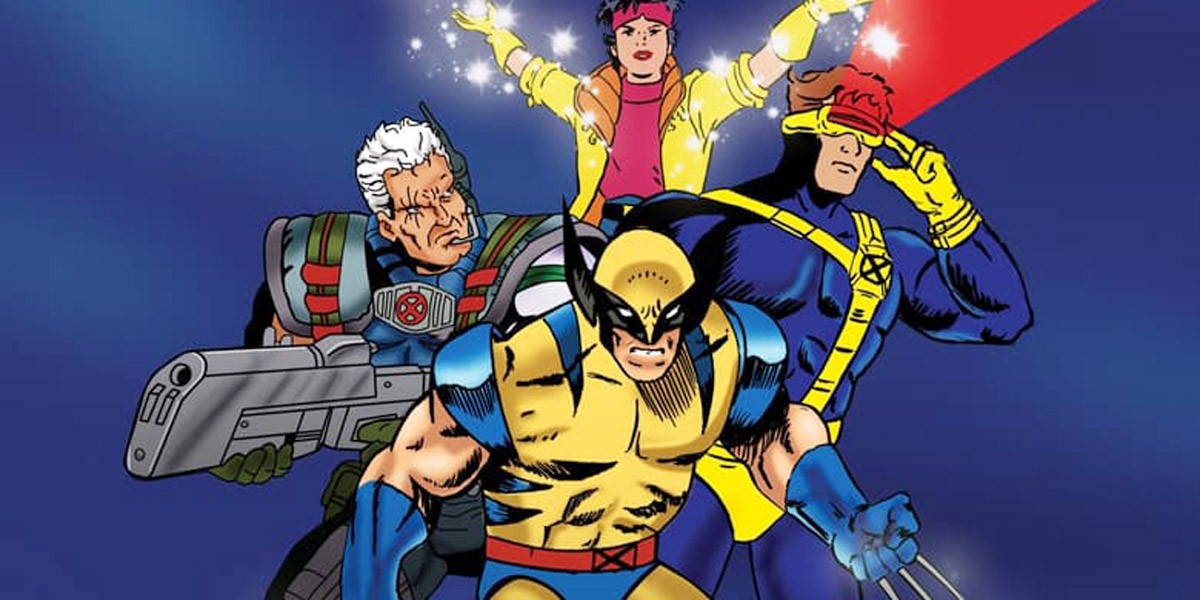
“In many ways, I came to X-Men 1 because I watched the cartoon and I was so enamored with it,” he said. “I sincerely believe if X-Men 1 hadn’t done well, Spider-Man 1 [Sam Raimi’s 2002 film] would never have happened. If Spider-Man had never happened, we would never be where we are with comic book movies now.”
If these two projects had not worked among audiences and they did not like any aspect of them, Marvel would not have risked setting up the MCU, not wanting to pour money into something no one wanted to watch. In recent times, superhero films have become a genre on its own, regardless of which studio they come out from.
Had the 2000 film with Hugh Jackman not worked, even DC Studios would have had difficulty finding a footing in cinema. Richard Donner’s Superman would have never happened and flying capes in the skies would be a mockery of something from these comic books from the 90s. One animated show from more than three decades ago caused a revolution in the world of cinema, changing it into something unrecognizable.

